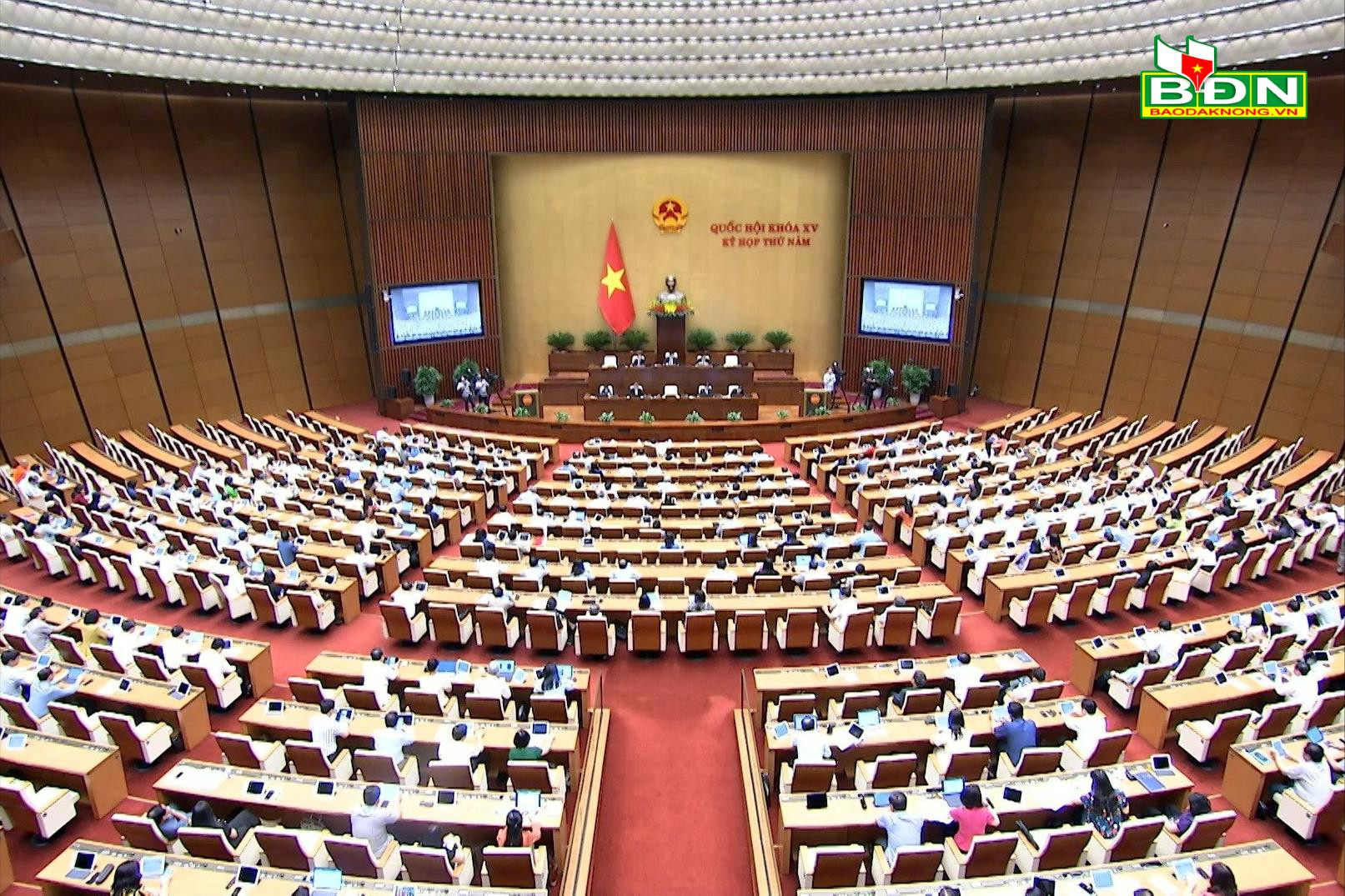
Participating in the discussion on the draft Law on Telecommunications (amended), delegate Tran Thi Thu Hang, Dak Nong National Assembly Delegation emphasized: The Fourth Industrial Revolution, digital technology, and digital transformation have taken place strongly at an unprecedented speed over the past 10 years, having a great impact on the telecommunications sector. The Resolution of the 13th National Congress of the Party and Resolution 29-NQ/TW dated November 17, 2022 of the 13th Party Central Committee affirmed that " digital infrastructure is essential, ensuring network information security is key, prioritizing rapid investment and development, being one step ahead". The development of telecommunications infrastructure and other infrastructures will create the foundation for the development of the digital economy and digital society.
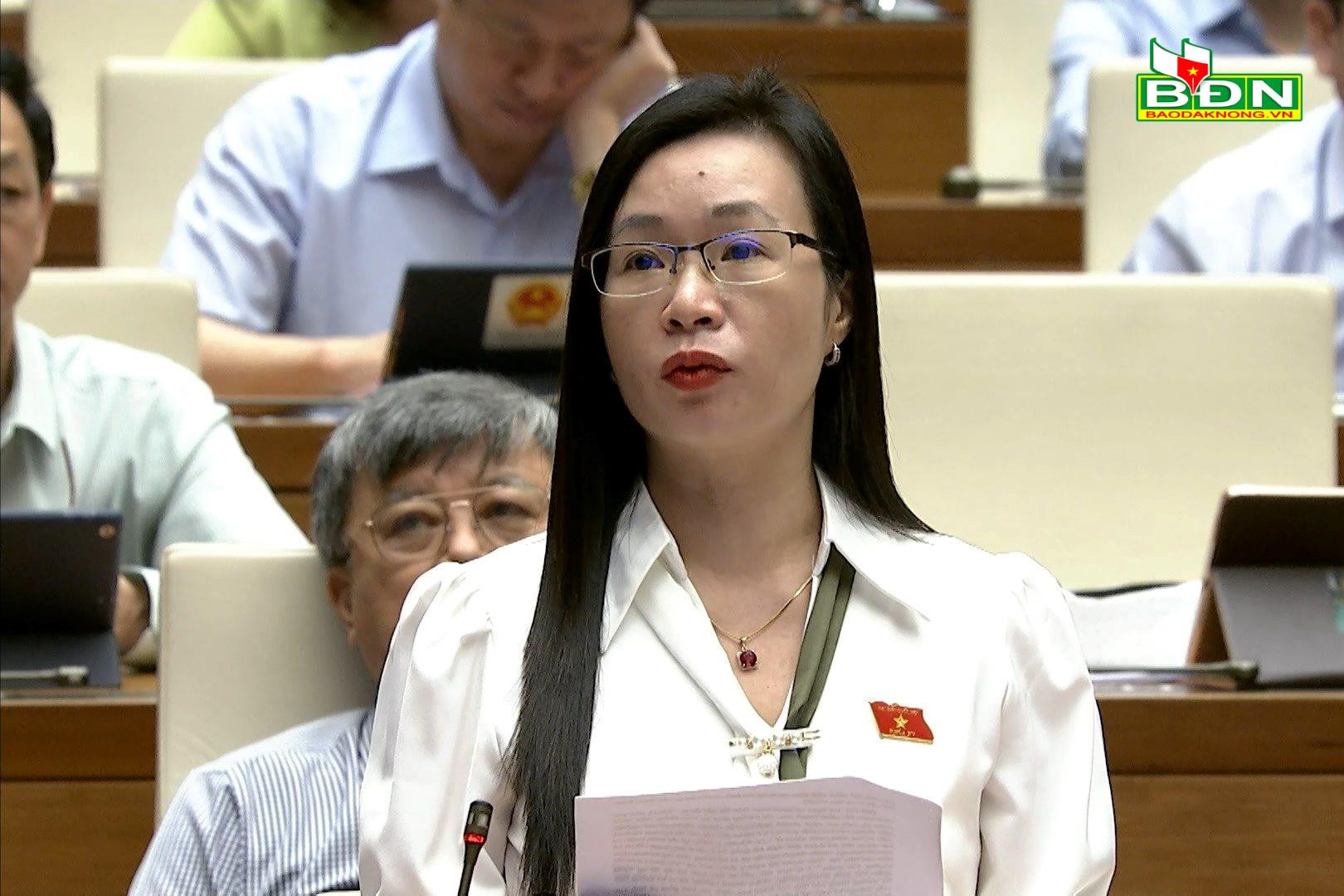
Delegate Tran Thi Thu Hang highly approved the amendment of the Telecommunications Law, aiming to overcome institutional problems, policy loopholes, and inadequacies in the provisions of the 2009 Telecommunications Law and other legal provisions related to telecommunications activities, which have limited the development process. However, Delegate Hang said that the draft Law needs to provide clearer regulations on the issue of ownership or majority ownership of telecommunications infrastructure for service providers.
In Clause 25, Article 3 of the draft Law stipulates that “Essential facilities are important parts of telecommunications infrastructure owned by one or several telecommunications enterprises or owned by a majority in the telecommunications market and the establishment of a new part of this infrastructure to replace it is not economically and technically feasible.”, delegates suggested that the drafting agency stipulate more clearly, specifically, and more easily understood for the content of “ owned or owned by a majority”. The establishment of a new part of this infrastructure to replace it is not economically and technically feasible; at the same time, it is necessary to clarify the essential nature of this type of infrastructure, not necessarily “owned by one or several telecommunications enterprises or owned by a majority in the telecommunications market and the establishment of a new part of this infrastructure to replace it is not economically and technically feasible” is essential. In essence, the types of infrastructure that entities must access and use in order to provide their goods and services.
Delegate Tran Thi Thu Hang also proposed that the drafting agency remove the content "The Government regulates the determination of the List of State-managed telecommunications service markets, the determination of telecommunications enterprises and groups of telecommunications enterprises with dominant market positions for State-managed telecommunications service markets" in Clause 1, Article 18 of the draft Law, because this content has been stipulated in Article 24 of the Competition Law 2018 on Enterprises and groups of enterprises with dominant market positions, based on the criteria of "significant market power" and "market share in the relevant market". The above criteria and factors are sufficient to apply to determine enterprises and groups of enterprises with dominant market positions in the fields of goods and services, including the telecommunications field. Therefore, it is proposed to remove this provision to implement uniformly according to the provisions of the Competition Law and its implementing guidelines.
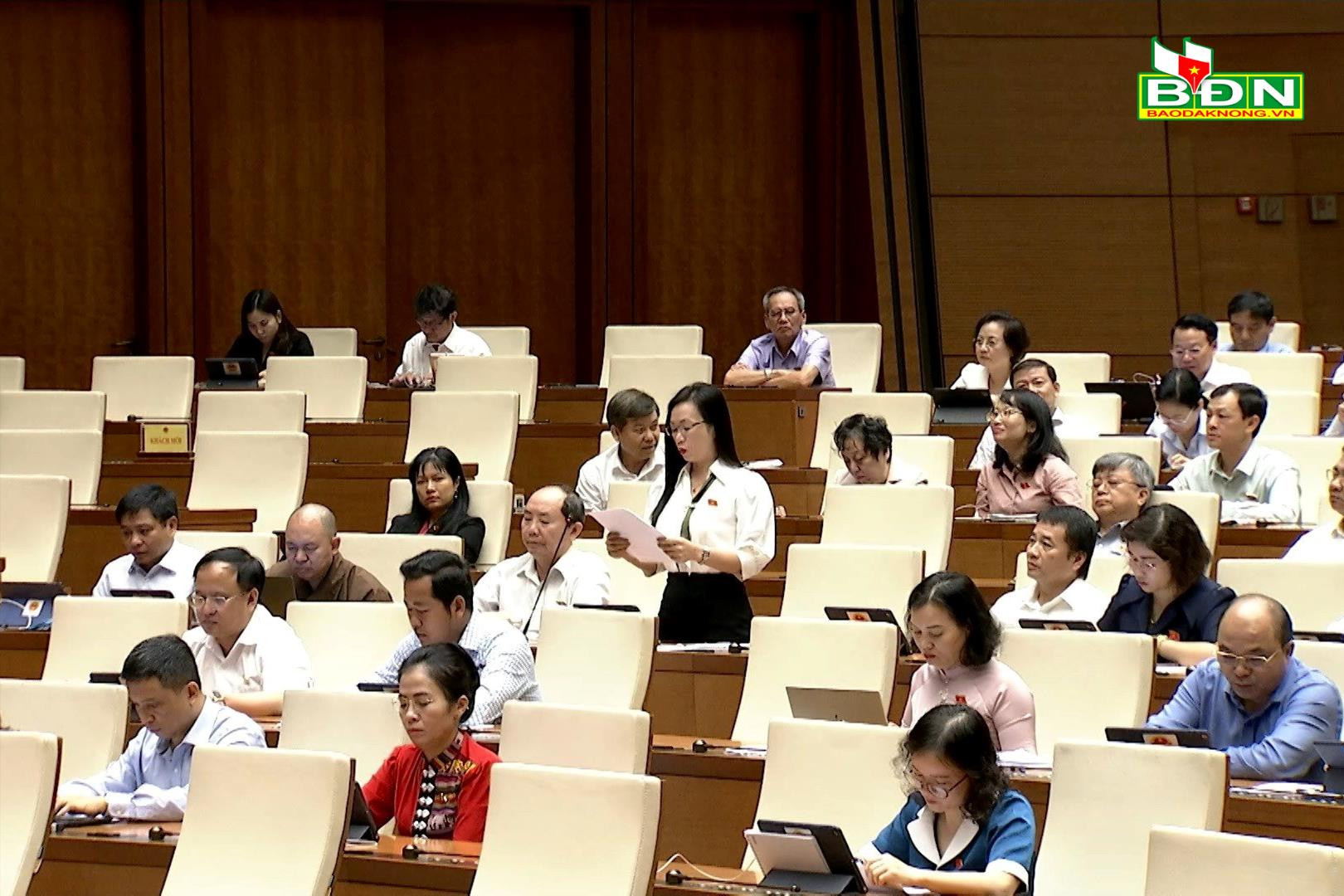
In Clause 3, Article 48 of the draft Law, it is proposed that the drafting agency add the phrase "specific regulations" and adjust as follows: The Ministry of Information and Communications decides and specifically regulates the sharing of telecommunications infrastructure in the following cases:... Reason: The specific regulations of the Ministry of Information and Communications will help telecommunications enterprises to conveniently share telecommunications infrastructure and localities to conveniently manage and operate.
In Article 64 of the draft Law, it is proposed that the drafting agency study and add regulations on land area for the construction of telecommunications works. Reason: Currently, telecommunications works (BTS stations) in remote areas, border islands, and difficult areas are mostly built on forest land, agricultural land, etc. Enterprises wishing to build works must change the land use purpose. Therefore, to encourage telecommunications enterprises to develop infrastructure in remote areas, border islands, and difficult areas, it is necessary to regulate the types of land for the construction of telecommunications works.
Source



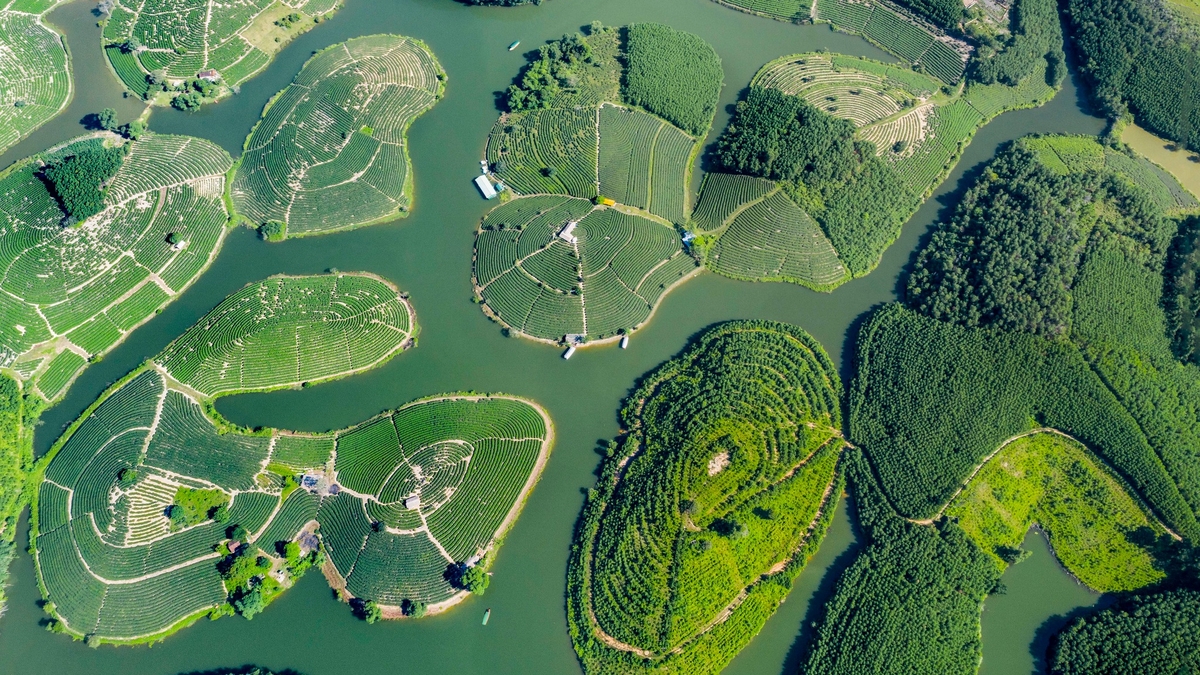
![[Photo] Vietnam and Sri Lanka sign cooperation agreements in many important fields](https://vphoto.vietnam.vn/thumb/1200x675/vietnam/resource/IMAGE/2025/5/5/9d5c9d2cb45e413c91a4b4067947b8c8)









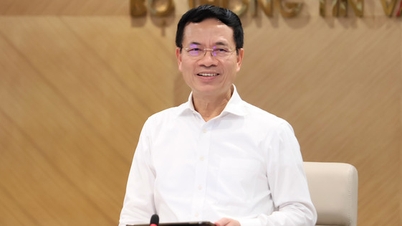




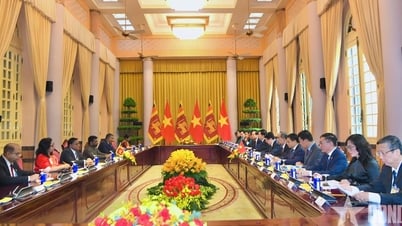












![[Photo] President Luong Cuong and Sri Lankan President Anura Kumara Dissanayaka visit President Ho Chi Minh relic site](https://vphoto.vietnam.vn/thumb/1200x675/vietnam/resource/IMAGE/2025/5/5/0ff75a6ffec545cf8f9538e2c1f7f87a)









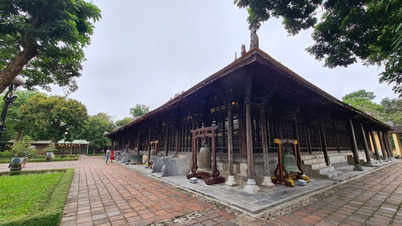




















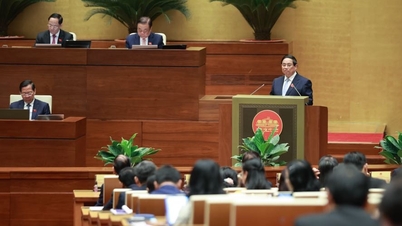

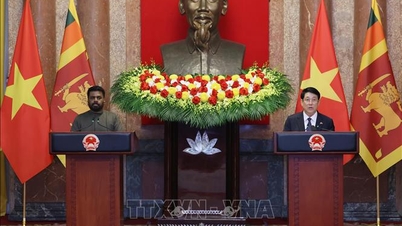
![[Photo] President Luong Cuong presided over the welcoming ceremony and held talks with Sri Lankan President Anura Kumara Dissanayaka](https://vphoto.vietnam.vn/thumb/402x226/vietnam/resource/IMAGE/2025/5/5/351b51d72a67458dbd73485caefb7dfb)

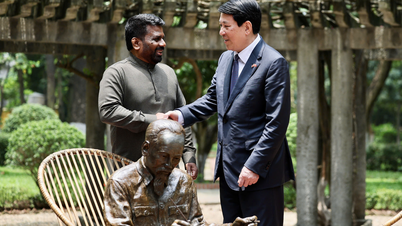
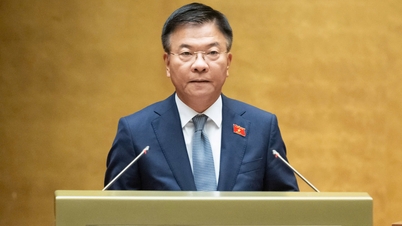








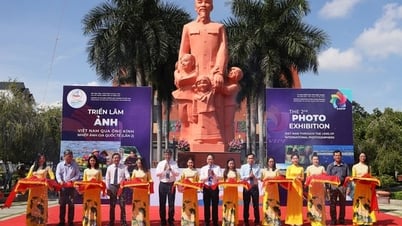





















Comment (0)